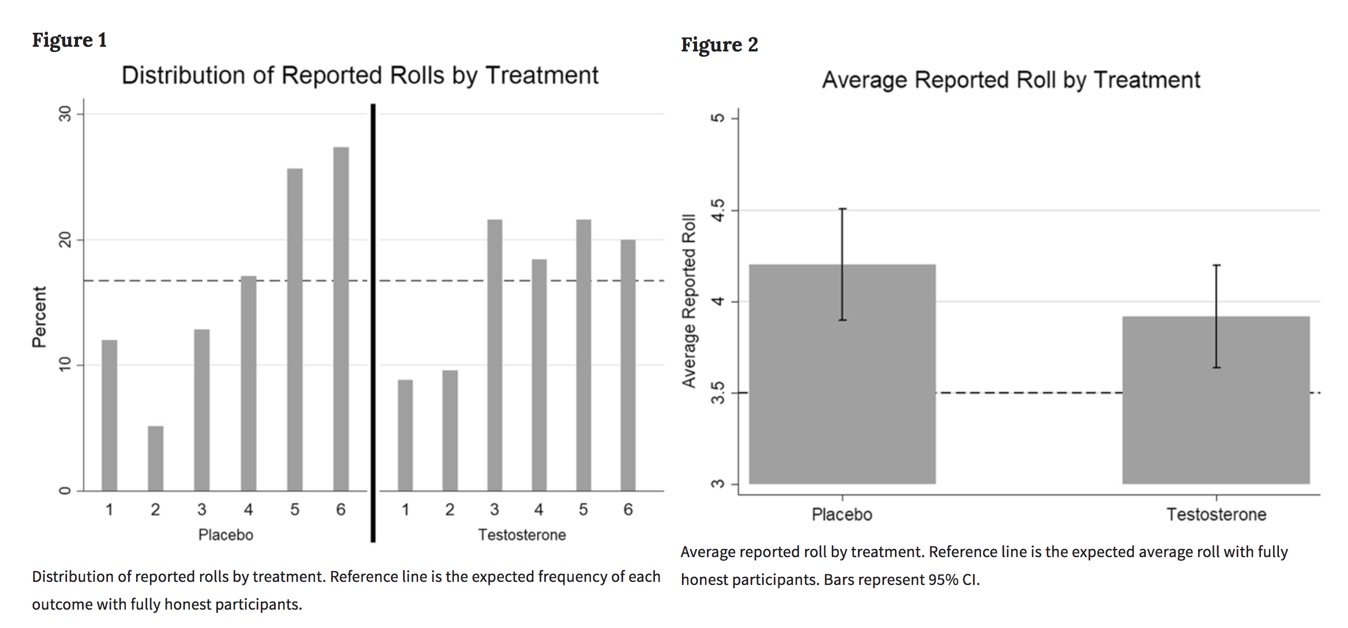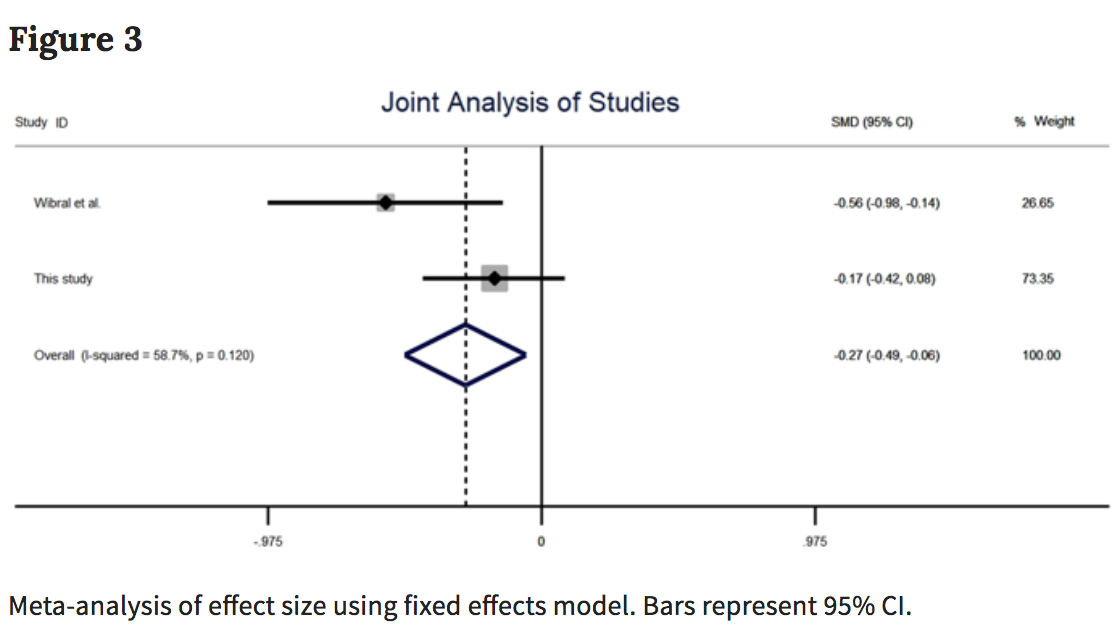Testosterone does a lot of different things for a men -- it masculinizes the body, boosts the sex drive, and contributes to hair loss. Now, researchers think it may also make men more honest.
In recent years, there has been an interest in determining how our hormones affect our economic behavior, such as gambling and financial risk taking. The financial industry is dominated by men, and if testosterone influences decision-making, this potentially has a profound implication for the national economy.
Paradoxically, testosterone promotes pro-social behaviors in some circumstances and anti-social behavior in others. The reasons for this aren't entirely clear, but it may involve a man's desire to increase his social status. Previous research shows that testosterone may actually make a man a fairer negotiator.
To investigate such phenomena further, a team of researchers administered testosterone gels to 124 college-aged male volunteers and placebo gels to 118 males. (The total sample size was 242.) They were then given a die and told to roll it, and whatever number came up was the amount of money they were to receive for participating in the experiment. Because they rolled the die in private, they could cheat (by reporting a higher value than they actually rolled). The authors hypothesized that the testosterone group would be more honest.
The results showed that both groups cheated, but the placebo group cheated more, which was consistent with the team's hypothesis.

As shown in Figure 1, the placebo group was much more likely to report rolling 5's and 6's, while the testosterone group was more likely to report 3's, 4's, 5's, and 6's, but not the same extent as the placebo group. (If everyone was being honest, each number would only be reported 16.7% of the time.)
Figure 2 depicts a similar outcome. If everyone was being honest, the average roll should be 3.5. (That is because 1 + 2 + 3 + 4 + 5 + 6 = 21, and 21 divided by 6 = 3.5.) The average roll reported in the placebo group was 4.21, while it was 3.94 for the testosterone group.
Unfortunately, the data in neither of the above figures were significant. So, were the authors wrong? Not necessarily. A similar experiment was conducted several years ago. When the authors combined the data produced by their experiment with the previous one (i.e., they performed a very small meta-analysis), the overall outcome was significant.

That is certainly not a conventional way of reporting non-significant results, but it is perhaps better than the more common alternative of not reporting the data at all.
The fact that two different studies arrived at the same conclusion -- that testosterone appears to make men more honest -- suggests that the effect is real. However, the failure of the current study, which was far larger than the previous study, to find its own significant result further suggests that the testosterone effect on honesty is rather small.
Source: Austin Henderson, Garrett Thoelen, Amos Nadler, Jorge Barraza & Gideon Nave. "Testing the influence of testosterone administration on men's honesty in a large laboratory experiment." Scientific Reports 8; Article number: 11556. Published: 01 August 2018. doi: 10.1038/s41598-018-29928-z




